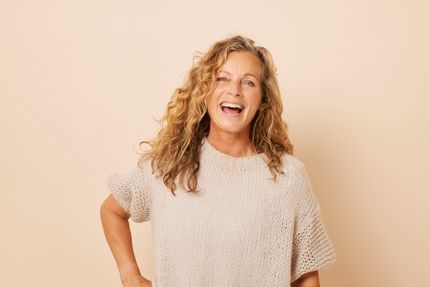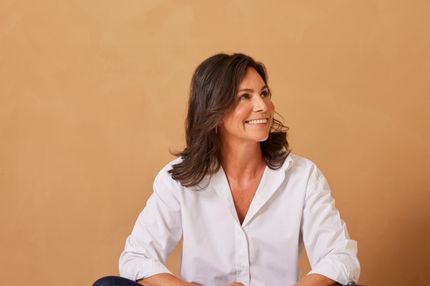

Wies: “I need to make this extremely clear: a healthy lifestyle is super important.”
As a health journalist, I've been writing stories about menopausal health for years before noticing any signs myself. Happy and healthy ageing is a big theme in my work, and this includes navigating the menopause with confidence and ease. To this end, I interviewed gynaecologists and visited menopause clinics. I also wanted to know more about what kind of support a menopause consultant can provide, so I made an appointment for a consultation.
I was 50 years old at the time. I was asked to complete a questionnaire in advance, with questions ranging from my menstrual pattern to my sleeping quality, and from my eating habits to my emotional well-being.
My visit with the menopause consultant
During the interview, I really only wanted to know what was possible in terms of hormone supplementation and what I could do to postpone going through menopause. Or rather, to skip this stage of life altogether.
The first thing she said was, “You can consider taking pills and powders, but you have to do something about your lifestyle first. Twelve units of alcohol a week is way too much. You also need to find ways to manage your stress levels. This will put you in a better position to deal with the symptoms that are coming your way.”
It’s my life and I’ll do what I want
This was taking it a bit too far, I thought. I just wanted to continue living my life as I’d always had. So I sort of zoned out at this point. Before leaving her office, she again stressed that I should try to reduce stress, eat a healthy diet, cut back on alcohol and get enough sleep, and that hormone therapy isn’t a miracle cure: it won't work without changing your lifestyle and behaviour. Ofcourse, this wasn’t what I wanted to hear. It's such a cliche, isn't it?
Time for HRT
Not long after, I stopped taking the pill – which I had been on forever because it’s so convenient – and I started getting the first menopausal symptoms. Sleep problems, horrible PMS symptoms, skipping periods, yada yada yada.
Naturally, I wanted to start hormone therapy right away. It took some effort to convince my GP, but eventually he wrote a prescription for a hormone replacement therapy called Femoston. I was convinced getting on HRT would save my life.
As it turned out, after I switched therapies, HRT was a lifesaver for me. But I soon found out that menopause was merciless whenever I let my lifestyle get out of hand. I would wake up in the middle of the night, heart racing, berating myself for yet again drinking too much. And if I did not get enough sleep, I was unable to function the next day.
Support your health
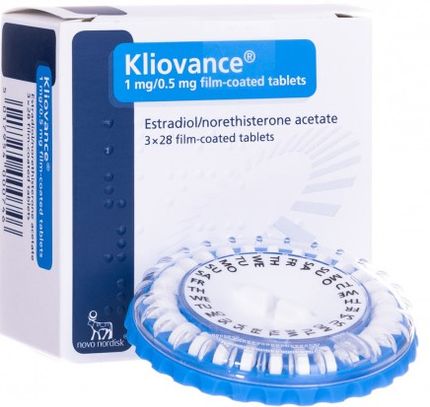
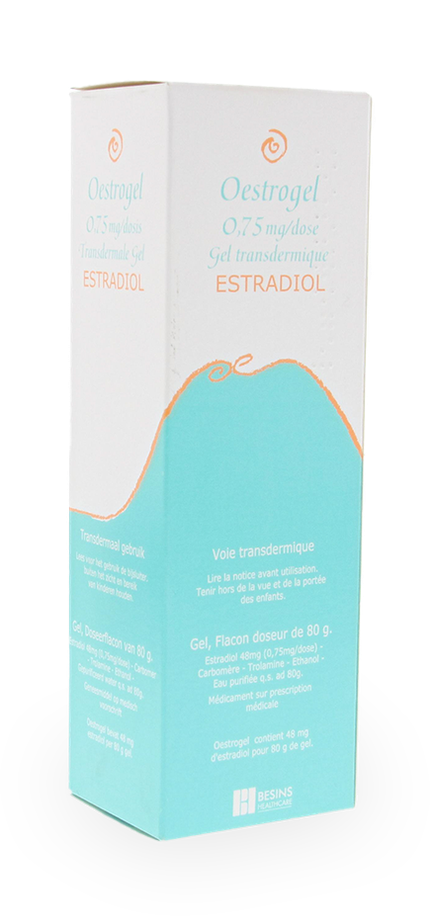
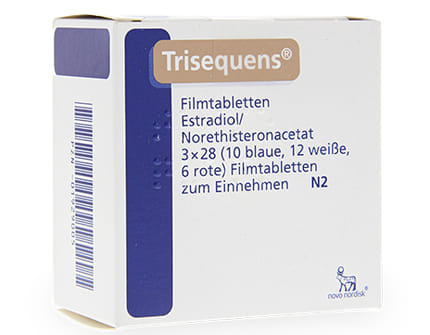
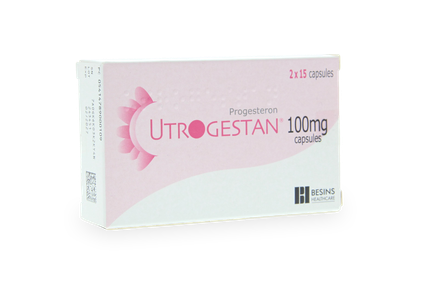
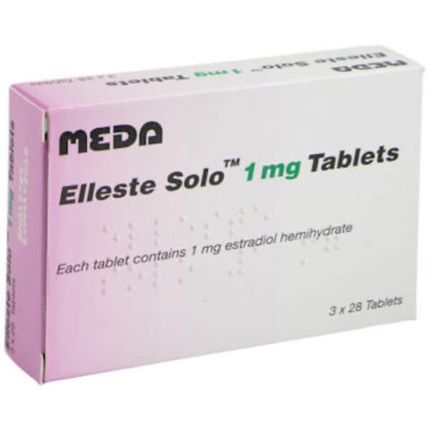
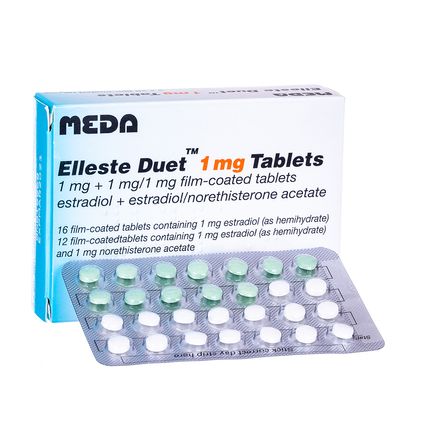
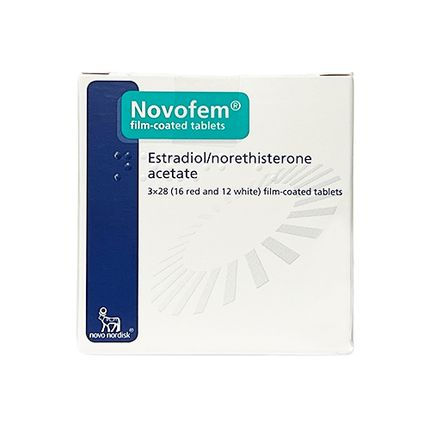




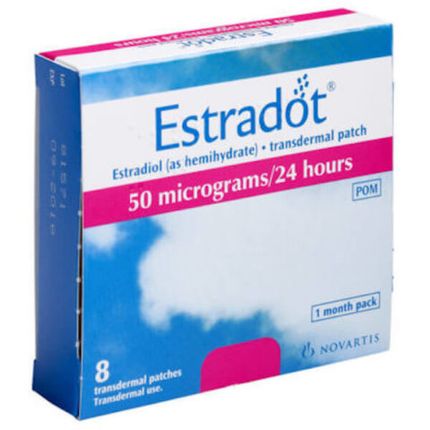
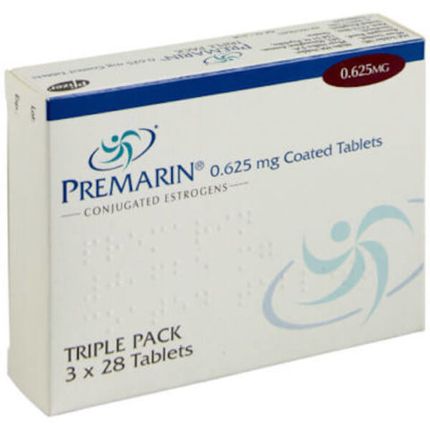
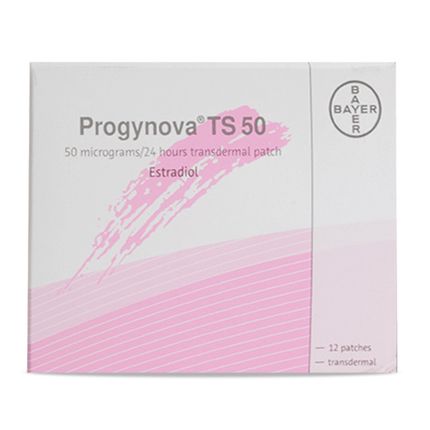
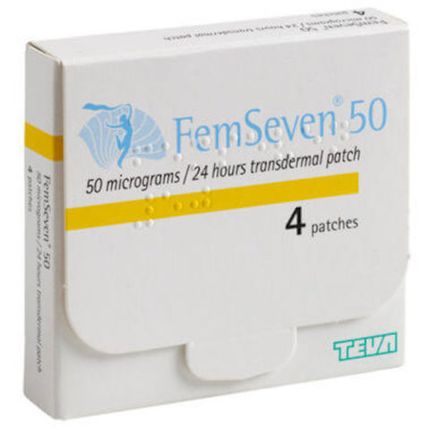
A healthier and more regular lifestyle
What helped me tremendously during this time, and still today, was a regular lifestyle, abstaining from alcohol and a healthy diet. However much it pains me to admit it, the menopause consultant was right.
At the risk of sounding redundant, I need to make this extremely clear. A healthy lifestyle is always important – but when you’re going through the menopause, it's that much more vital. God it’s boring. But it works.
Meet our guest author Wies
Wies Verbeek (58) is a healthy ageing journalist, founder of website BLOW.nl, and author of ’n Beetje Leuk Ouder Worden, 101 verrassendeenbewezen tips (Ageing Happily, 101 surprising tips that work). And...she’s going through menopause like the rest of us.
Support your health
Nourish your body with the nutrients it needs to navigate the menopausal journey with vitality and confidence. Find the right supplements for your health needs and have them delivered to your home.

Possibly of interest to you


FAQ








